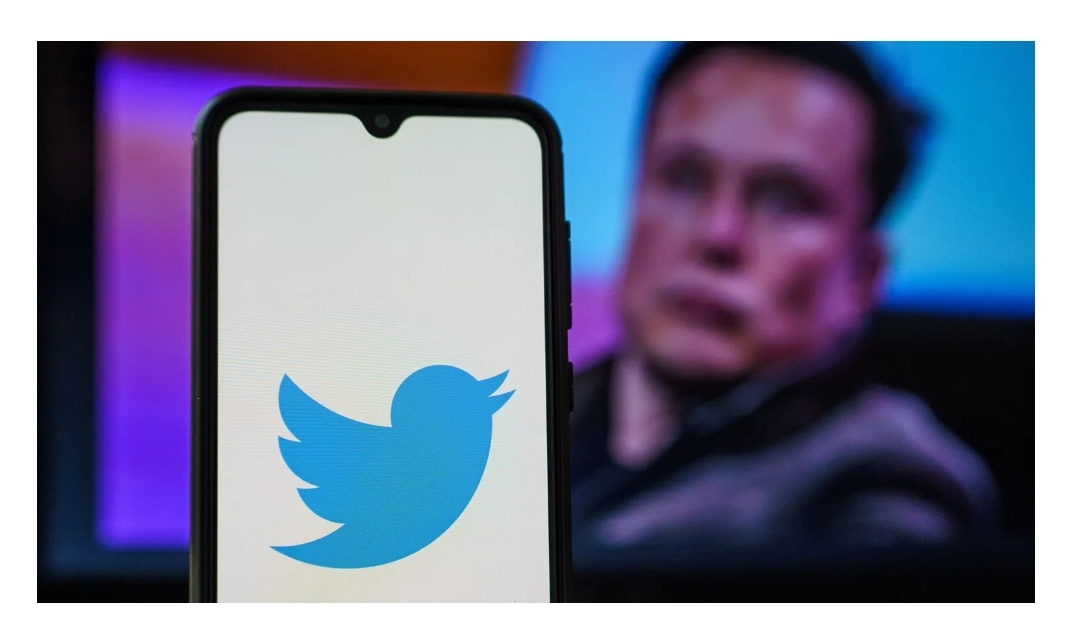Will limiting users read count reduce data scraping on Web 2.0 platforms?
Recently twitter CEO Elon Musk made an announcement that has sparked a debate among social media users. With twitter being a popular Web 2.0 platform, users are bound to expect extreme changes without considering what the end result will be on average users, the new temporal limit plan to limit users read count view with verified accounts having a limit of 6,000 post views per day, unverified accounts having 600 views per day, and new accounts having 300 views per day. While this move aims to address data privacy and manipulation concerns, many twitter users have expressed their dissatisfaction with the new changes. This new policy will most likely have impact on new users with 300 view count, which is a very limited view amount for someone who is likely exploring the social platform, while this new move could probably discourage lot of users engagement on the platform more users will likely be seek alternative platforms to share their social related activities on other social platforms this could be another go strategy for other platforms to rally new users to their social platforms.

Web 2.0 platforms, like twitter face significant challenges when it comes to data privacy. With millions of users registered on the platforms it has access to vast amounts of user data, including personal information, browsing history, and social connections. This data is often used for targeted advertising, content personalization, and algorithmic recommendations. While these features enhance user experience, they can also be misuse, through unauthorized access. Large data breach has been one of the shortcoming in web 2.0 platform till date, various counter productive measures have been used to minimize such data breach but seems a lasting solution have not been improvised yet. Malicious actors can scrape user data, such as posts, comments, and followers, for various purposes, including identity theft, spreading misinformation, or conducting targeted attacks. Data breaches pose a significant threat, as they can expose sensitive user information to third parties. Such incidents have occurred in the past, undermining user trust and raising questions about the platforms' ability to protect user data effectively.
Could this be the ultimate solution?
Twitter's decision to limit users' viewing counts may seem like a step in the right direction, it is unlikely to be a complete solution to data manipulation. First, limiting views per day may discourage new users from engaging with the platform. This could lead to a decline in active user participation and limit the diversity of content on the platform. Moreover, determined data scrapers may find alternative methods to extract data, such as using multiple accounts or employing automated bots. These limitations highlight the need for comprehensive data protection measures rather than relying solely on view count restrictions.
While Elon musk might meant no harm introducing this new policy users on the other hand especially those with low view count restrictions might find the platform quite challenging to keep up with active social engagement, social media is all about having unlimited access to information, endless scrolling and interactive session with friends and family this new view count does not only discourage engagement but fails to address data manipulation and mitigation.
Final thought
The journey to safeguarding user data and privacy is an ongoing effort, and it requires collective action from both platform providers and users themselves.
While web 2 platform are finding it quite challenging to protect it users data, web 3.0 platform like hive and leofinance have gone beyond this hurdle by giving users total control over their personal data and have eliminated concern for users data breach.
What are your thoughts on the new move by twitter to limit users view count? Do you believe this approach will effectively address data privacy and manipulation concerns on Web 2.0 platforms? Share your opinion and insights in the comments section below.
Limiting the number of reads for users on Web 2.0 platforms can indeed be an effective strategy to reduce data scraping activity. By imposing limits on the number of queries or accesses allowed to a single user within a certain period of time, platforms can prevent automated bots or scrapers from extracting large amounts of data. Data scraping, while sometimes done for legitimate purposes such as research or data analysis, can also be used for malicious purposes, such as collecting personal information or copyrighted content. And it's great to strike a balance in all of this between preventing data scraping and maintaining a positive user experience. A tool like ZenRows can be a valuable tool, I was able to learn more about it and I can say that for developers and companies who want to access web data in a safe, secure and ethical way. Using the ZenRows API, users can access structured web data without the need for complex scripting or infrastructure, reducing the incentive for unauthorized data scraping activities. With the right approach and utilization of such tools, platforms can protect their data while providing a seamless user experience.